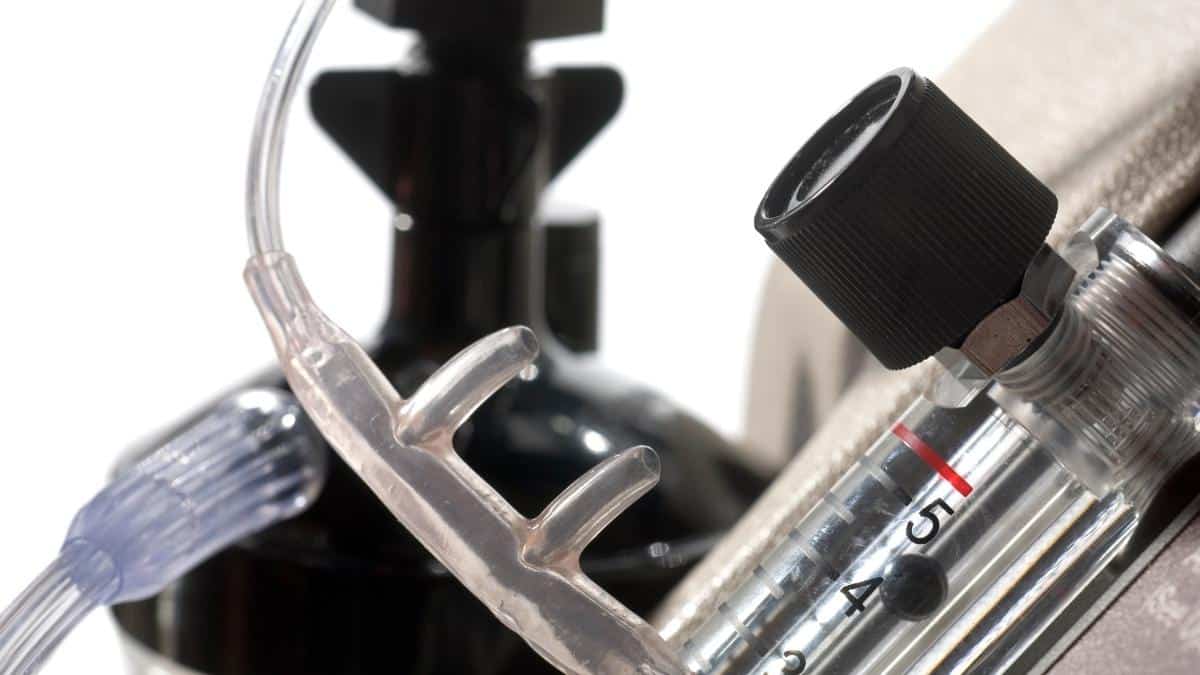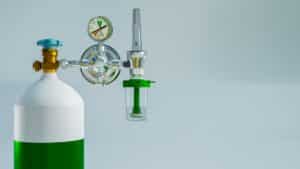Supplemental oxygen is one of the most common treatments used with chronic lung diseases. It’s helpful because it can aid patients who aren’t able to maintain a healthy blood oxygen level.
However, you may face issues when your doctor recommends supplemental oxygen, and one of these issues is whether you need continuous flow oxygen, pulse oxygen or both.
What’s the Difference Between Continuous Flow and Pulse Oxygen?
An oxygen device that delivers continuous flow supplies you with an uninterrupted stream of oxygen. This is helpful for people who need a lot of additional oxygen to maintain a healthy blood oxygen level, and they tend to be a better option for people who aren’t very active.
Pulse flow or on-demand devices are different; they use technology that senses when you breathe in, and they supply you with oxygen every time the device senses an inhalation.
This means that pulse flow devices can help you take in the right amount of oxygen when your activity level changes.
When Might a Pulse Device Be the Best Option for You?
Since pulse flow devices can sense your breathing, they are typically considered a better option for patients who have a high activity level.
They can pulse oxygen even when you’re breathing harder during physical activity. Also, these devices tend to be more portable than continuous flow models.
They contain technology that allows them to store oxygen when you aren’t using as much, so the oxygen that the device produces isn’t wasted.
Another advantage of an on-demand device is that it has a better battery life, which means you may be able to stay out and about longer.
When Might a Continuous Flow Device Be the Best Option for You?
Continuous flow oxygen concentrators tend to be a better option for patients who aren’t as active, and many in-home oxygen concentrators only offer continuous flow.
Patients who breathe more often through their mouth may benefit more from this type of oxygen device.
Also, doctors usually recommend that patients use continuous flow devices while sleeping; many pulse flow devices have difficulty detecting the shallower breaths people take when they’re sleeping, and this can cause the device to sound an alarm several times per night.
In turn, the numerous alarms can keep you from getting the good night’s sleep that your body needs.
Talk to Your Doctor About Which Option Is Best for You
Before you choose an oxygen concentrator, it’s vital that you talk to your doctor about which type of flow is the best option for you.
Keep in mind that the settings and controls of the different brands of oxygen devices aren’t standardized, so you may want to try out several devices and find the one that works best for you before purchasing one.

Christine Kingsley, APRN is the Health and Wellness Director at the Lung Institute where she focuses on providing helpful online resources for people looking for information on various lung diseases, breathing exercises, and healthy lifestyle choices. She advocates for holistic care that involves working with your doctor to explore all options including traditional and alternative care while focusing on diet and exercise as proactive measures.









